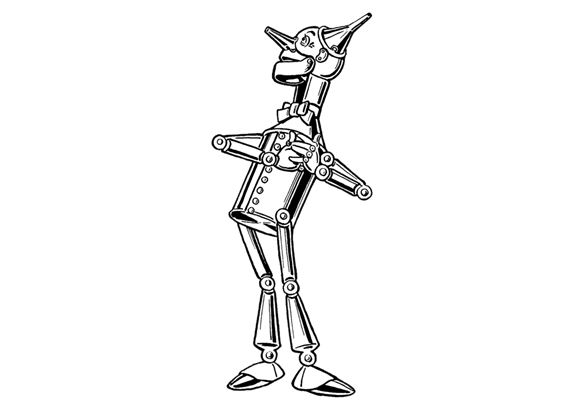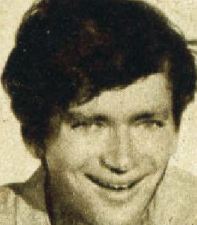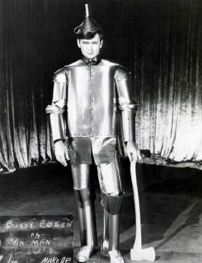Frank ‘Buddy’ Ebsen was an American actor who began his film career as a dancer in 1936s Broadway Melody. Furthermore, he had appeared in several films alongside the famous actresses, including Shirley Temple, Maureen O’Hara, and Audrey Hepburn.
Initially performers in Broadway, Ebsen and her sister, Vilma, were approached by MGM for a screen test in 1935. During their two-year contract, the Ebsen siblings were offered $1,500 a week each. They debuted in the 1936 film Broadway Melody after they relocated to Hollywood. However, this was the only film that Vilma had appeared after a contract problem that prevented her from making other films. Eventually, Vilma retired from the show business.
Despite that, Buddy Ebsen continued appearing in several films. Some of these include: Born to Dance, Captain January, Broadway Melody of 1938, The Girl of the Golden West, and the Silly Symphony series.
Subsequently, Ebsen was chosen to be a part of the movie adaptation of L. Frank Baum’s The Wizard of Ozin 1939. He was initially cast as the Scarecrow, but before the filming of the movie, Ebsen’s role was changed to the Tin Man. In the film, Tin Woodman or Tin Man was a fictional character made out of tin pieces. According to Baum, he had made Tin Man out of the metal parts he had built for a shop display.
Ebsen in The Wizard of Oz
In the later years, MGM had offered Ebsen an exclusive contract, which he had declined. With that, Louis Mayer warned Ebsen that he would never work in Hollywood again. However, MGM cast him to play the role of the Scarecrow, along with Ray Bolger as the Tin Man, Billie Burke as Glinda the good witch, Margaret Hamilton as the wicked witch, Frank Morgan as the wizard of Oz, Judy Garland as Dorothy Gale and many other characters.
Before the actual filming of the movie, Ray Bolger, who then played the role of the Tin Man, wanted to portray the Scarecrow. With this, Ebsen did not object and swapped roles with Bolger. Ebsen then attended rehearsals and recorded songs as Tin Man, before they had begun filming. During the production, Ebsen had been hospitalized due to muscle cramps, body aches, and shortness of breath. According to his doctor, Ebsen had suffered a reaction to the aluminum dust that was used as make-up in his face for his role as the Tin Man.
Consequently, Ebsen was forced to leave the production. In an interview included in the DVD release of The Wizard of Oz, Ebsen said that the studio heads did not believe that he was ill during that time. As a result, they ordered him back to the set only to be intercepted by an angry nurse.
Because of what happened, Buddy Ebsen was replaced by an American vaudevillian and actor, Jack Haley. Also, due to the previous accident with Buddy Ebsen, MGM production modified the silver dust and made it into a safer aluminum paste. Nevertheless, the paste was also reported to cause an eye infection to Haley, which had sidelined him for four shooting days.
Metro-Goldwyn-Meyer, on the other hand, did not publicize the real reason for Ebsen’s departure from the film. Even Haley was not aware and was not told much later. After Ebsen’s departure, Haley then re-recorded most of Buddy Ebsen’s vocals, but Ebsen’s mid-western accent could still be heard on some soundtrack in the song We’re Off to See the Wizard.
Even though Haley had re-recorded most of the songs that Ebsen had sung, Ebsen’s recording of ‘If I Only Had a Heart’ is still included on the film’s deluxe edition. As well as that, Ebsen’s still photo as the Tin Man was included as an extra in all VHS and DVD release of The Wizard of Oz in 1989. As a consequence of what happened, Ebsen complained of breathing problems because of his involvement in the film.
At the age of 95, Ebsen died of respiratory failure on July 6, 2003. He died at Torrance Memorial Medical Center in California and was then cremated. His ashes were scattered into the Pacific Ocean afterward.



